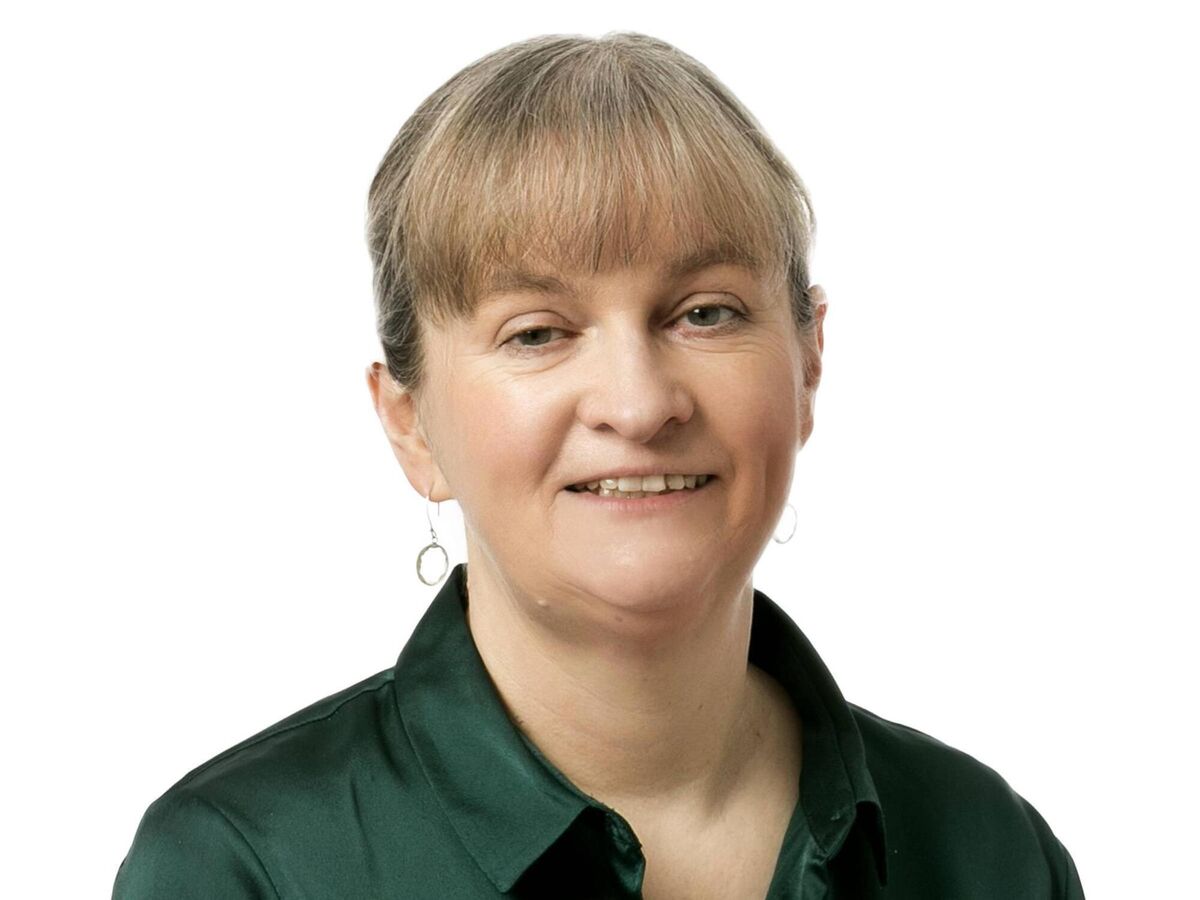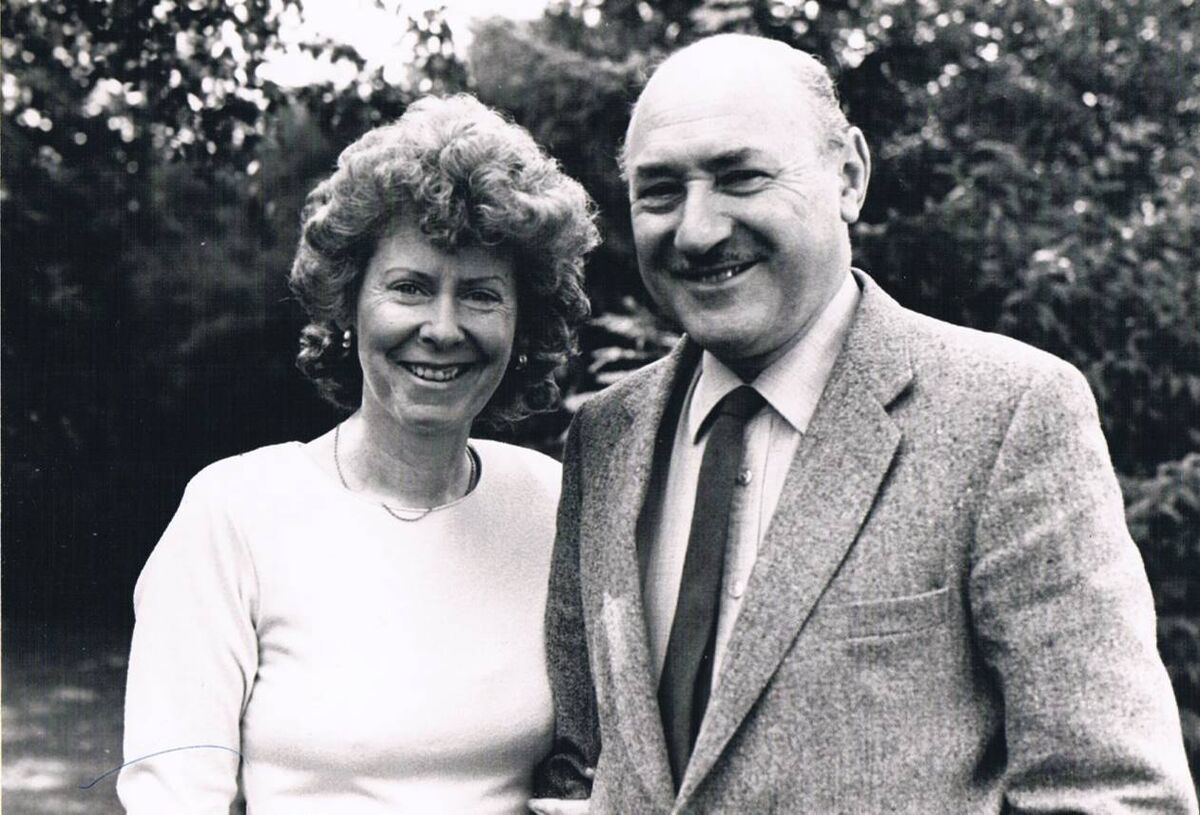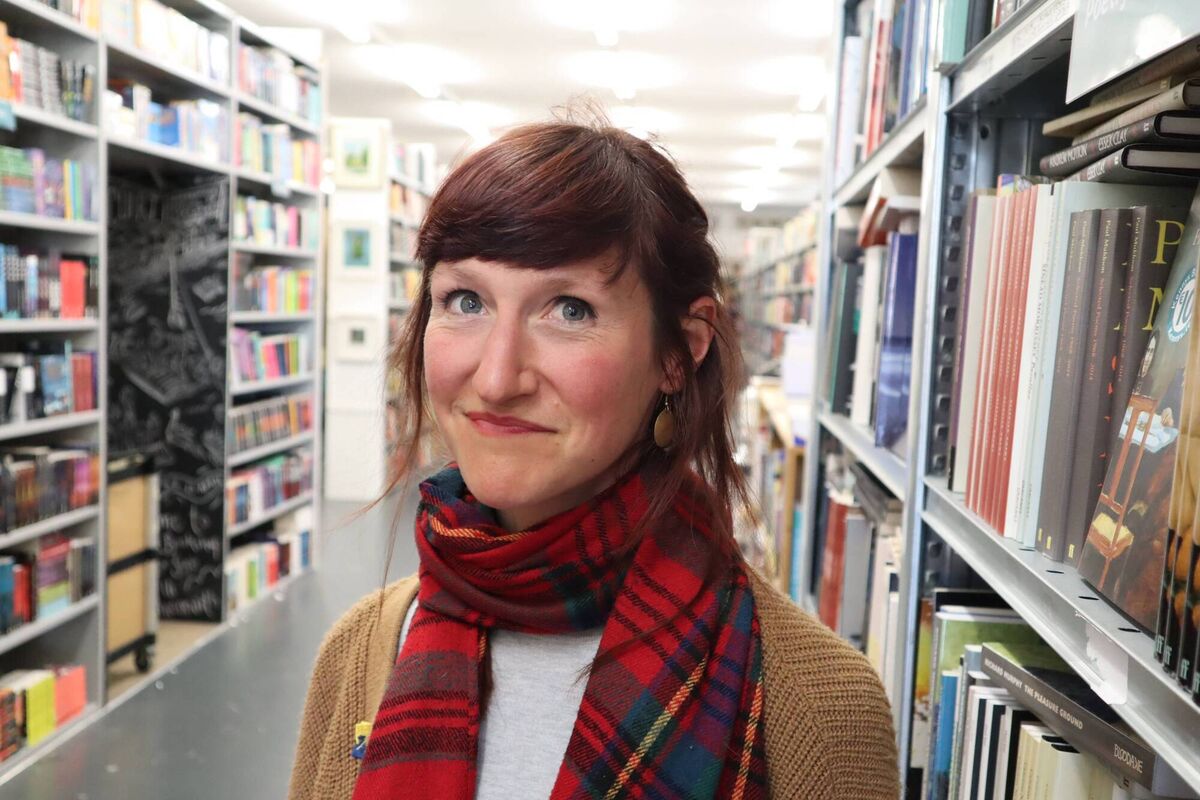Self-effacing, courteous and always constructive in his criticism, literary editor David Marcus is the subject of a new book, David Marcus: Editing Ireland, published by the Stinging Fly which will be launched at the Cork International Short Story Festival. Edited by Paul Delaney and Deirdre Madden, both of whom teach creative writing at Trinity College Dublin, the publication of the book marks the centenary year of Cork-born Marcus’s birth.
Born into the city’s small Jewish community in 1924, Marcus is best known for editing the New Irish Writing page in the Irish Press between 1968 and 1986. He also edited a number of anthologies and was himself a sometime writer. His brother Louis also made an impact in the arts world, becoming an accomplished filmmaker.
The new book is a miscellany of poems, fiction, memoir and essays by writers that have Marcus to thank for kick-starting their careers as well as contributions from the likes of former Irish Press editor, Tim Pat Coogan. The roll call of contributors includes Neil Jordan, Colum McCann, Claire Keegan and Kevin Barry.

Madden whose writing career was launched – in her teens – by Marcus, says that he very much shaped Irish writing. “He was so influential and so important; he was like a taste-maker,” she says. He was also a champion of women’s writing at a time when it wasn’t always taken seriously. As well as publishing new work, Marcus also published the work of established writers. And he published Northern Irish writers.
Born in County Antrim in 1960, Madden says Marcus opened a channel to people trying to break into writing. “There were other outlets at the time but certainly, in the republic, New Irish Writing was extremely important. The Irish Press was a big paper at that time and had an important place in Irish life. In the north, there was The Honest Ulsterman and a few other publications. I remember a lot of competitions as well. But to get work published on David’s page was a real significant breakthrough.”
Madden’s parents bought The Irish Press, exposing her to the literary page. “I was still at school when I published some poems and fiction. From early on, I was very interested in being a fiction writer. It was obviously pre-internet so you typed up your story or poem, wrote a little note and included a stamped addressed envelope. How I managed to get an Irish stamp in the North, I can’t remember.”
Marcus did write back. “If he wasn’t accepting the story, he would always give you a bit of criticism which would be very constructive and very gently delivered. Mary Morrissy has a piece in the book in which she focuses on the experience of being rejected by David (while also having been published by him). This is important because all writers get rejected at some stage in their career.”
When Madden won a Hennessy Award while at university, she met Marcus for the first time and got to know him and his wife, Ita Daly, better as time went on. “He didn’t go to pubs so he wasn’t out and about. He wasn’t a great mixer. He was very focused on his work,” Madden says of a man who died in 2009.
While he wrote three novels himself as well as a volume of short stories, some poems and two volumes of autobiography, Madden says Marcus was “a born editor”. She sometimes feels that writing is over-valued to the neglect of other skills.
“I think good editing is very important and is actually quite rare. Readers are also overlooked. There’s always this idea that you should write a book but I know some people that are absolutely extraordinary readers, reading a broad range of books with great discernment. David was obviously a huge reader and a writer. He made no great claims for his own writing but I think he was a good writer.”

Not least because he was writing about what it was like to be part of Ireland’s small Jewish community. “He was coming from a different angle and saw things in a way that most people didn’t. He was a man ahead of his time. We talk so much nowadays about identity and diversity and inclusion. David was aware of all that because of his background.”
Madden says that Marcus was a very open-minded person who was open to gay writing and would have been at ease in the pluralistic country that Ireland has become.
Ireland now seems full of writers. “Before, there were no MAs or MPhil courses in creative writing. Now, possibly all the universities have them. Creative writing is very much accepted as an academic subject within schools of English with people doing doctorates in it also.”
What about the quality of contemporary writing in Ireland? “It’s like anything. There are many marvellous writers and there are people doing it who don’t have a lot of aptitude for it. But they’re learning as well. A thing I often say is that you will never write well until you write badly so you have to just get going.”
Madden did a Masters in creative writing at the University of East Anglia which was run by author and academic, Malcolm Bradbury. “Like David, he was self-effacing. He helped me a lot. I’ll always be grateful to Malcolm and David. You need people to get you launched at the start and to point you in the right direction. I hope I’m doing something similar at Trinity.”
- Launch of David Marcus: Editing Ireland, moderated by Declan Meade from the Stinging Fly, with contributions from writers Mary Leland and Mary Morrissy. Cork City Library. Wednesday, October 16, at 4pm.
- Frank O’Connor fellow, Camilla Grudova, will read and will be in discussion with Danny Denton at the Cork Arts Theatre on October 16 at 9pm.
- Sara Baume & Derek Owusu at the Cork Arts Theatre on Thursday, October 17, at 7.30pm.

- Mary Costello, moderated by Sarah Harte, at the Cork Arts Theatre on October 17 at 9pm.
- A video presentation of Edna O’Brien in conversation with Tobias Wolff at Cork City Library on October 18 at 2.30pm.
- From the Well Showcase, Losing David is the twentieth edition of the Cork City Council and Library Service annual short story anthology. Four writers, Siobhan Dempsey, M Jay Sheehan, Lauren O’Donovan and Peter Toibin will read at the event. Cork City Library, October 18, at 4pm
- Rosemary Jenkinson & Sally Wen Mao, moderated by Sarah Harte on October 19 at the Cork Arts Theatre at 7.30pm.
- Elwin Cotman & Manuel Munoz, moderated by Billy O’Callaghan at the Cork Arts Theatre on October 19 at 9pm.

